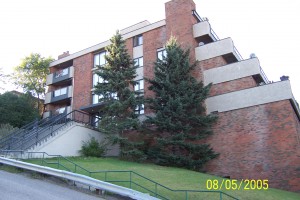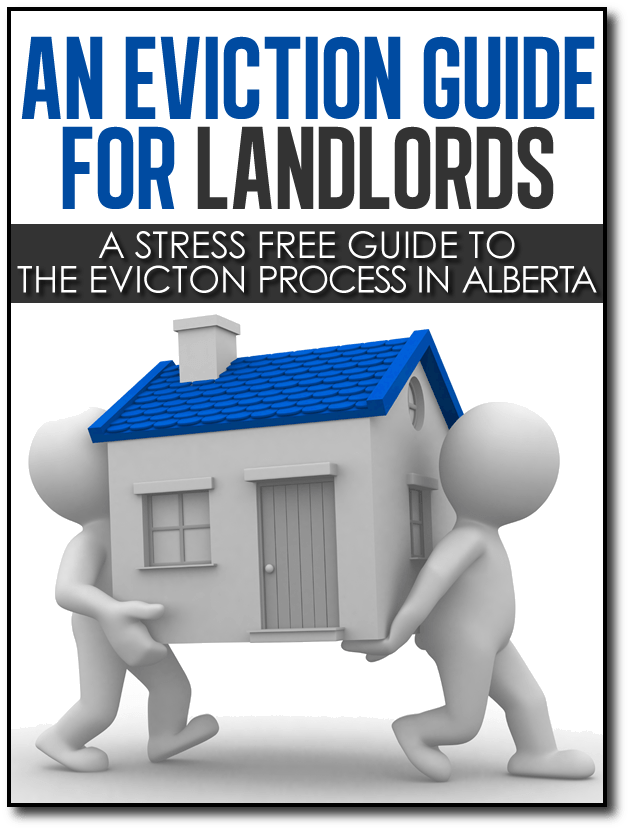Condos As An Investment
 It’s been a while since I’ve written about condominiums and my thoughts about owning them personally really haven’t changed although I do understand why they are attractive to so many people. They provide a lifestyle perfect for people just starting out. They allow people to spend lots of time away traveling or at work and the yard maintenance and shoveling all gets taken care of by someone else.
It’s been a while since I’ve written about condominiums and my thoughts about owning them personally really haven’t changed although I do understand why they are attractive to so many people. They provide a lifestyle perfect for people just starting out. They allow people to spend lots of time away traveling or at work and the yard maintenance and shoveling all gets taken care of by someone else.
Many of the nicer places have additional facilities like pools, gyms, tennis courts and group rooms. You have to attend a few meetings a year, but the majority of the work most homeowners have to deal with is taken care of for you. This is the good.
The bad is a bit less glamorous. This can be the prospect of having to deal with the condo board. Now I realize not all boards are like this and I apologize for the great ones out there, but I’ve been on some condo boards filled with the wrong people. There is nothing like bumping into a control freak condo board president who may be a good business person, but has little concept on how a building needs to be maintained and how reserve funds work.
Perhaps there needs to be an aptitude test created by condominiums to see if someone is suitable to be on the board? It could be a huge success for someone and could relieve some headaches on many boards!
One other concern with condos that is a long term bad issue is condo fees. You often have one group of owners who want to keep condo fees down while you have another group who understand condo fees have to increase to maintain services levels for the buildings. Short term it causes stress and disagreements, long term it causes very expensive cash calls or repair bills when the reserves start to dwindle. This can be very bad and leads me to the ugly.
The ugly was some recent news in Calgary about a condo that had huge issues regarding the building itself. The builder claims poor maintenance as the culprit, the owners claim substandard workmanship and rubber stamped city building inspections. In the meantime, owners are facing special assessments between $50,000 and $187,000 per unit to get the repairs done.
We’re talking a total repair bill right now of $5.5 million on a building that was only built in 2002; it’s just ten years old! Now that’s ugly.
The positive to be taken from this is that there will likely be changes to building codes and builder’s warranties and liabilities, but these will only apply to new buildings and won’t help current condo owners. There are not a lot of positives to be taken from this ugly, but it should be a huge reminder to buyers to be aware of what they are getting into.
If you are planning on purchasing a condo, it can really pay off to do some homework on the developer prior to purchasing. Some simple checks online using Google, checking with the Better Business Bureau, even inspecting some of their older properties can all go towards giving you a much clearer picture of what you may be setting yourself up for and how much you will enjoy your future property.
Investor’s Perspective
As an investor starting to get into Real Estate condos can look like a great place to start. They are considerably cheaper than houses, you don’t have to worry about the maintenance and many investment groups have formed condo pools where your property is professionally managed.
However, if it was really that simple, everyone would be doing it. The condo fees often make the units too expensive to rent profitably, the condo boards often have specific rules in place limiting the number of rental units, you may have to provide extra deposits to the condo board for having tenants in the building and condo boards can be a nightmare to deal with if your tenant causes problems.
If you are looking at a condo as an investment property, you really have to pay special attention to the rules that are in place, the history of the condo fees and your calculations when it comes to projecting your returns. With the current state of the market by simply moving up the scale from a condo to a suited single family home you can often double or triple your cash flow making the investment that much more pleasurable at the end of the day.
Now, I’m not saying they won’t work, and for some people they do great with them. I personally feel there are just so many more better options out there for you. So do your homework, make sure you understand what you are doing and be smart about your investment!
Do you have some positive stories about renting condos? Or some nightmare stories? Leave us a comment and tell us how it worked out for you.



Bill,
A girlfriend of mine is considering a “Rent to Own” deal with a really nice condo here in Lethbridge. Can you please send me any information you might have regarding the “Rent to Own” process so that she can meet with the owners a little more informed than she is now?
Thanks!
Kimberley Nihill
Hi Kim,
Rent to Owns vary significantly depending on how it is set up and who is running the program. Some of the key aspects to look at regarding rent to own is whether the purchase price at the end of the term is realistic and how much of the monthly payment amount is being applied to increasing the downpayment, or if it is even set up that way.
Rent to own can be a fantastic way for people currently unable to qualify to get into a home, but if there is no plan to help them grow their downpayment, to help them fix credit issues or to help them increase the downpayment size it can just be a waste of their time and money.
I don’t know of any specific information for potential ren to ownees out there, but perhaps a good place to start would be by reading a book by an acquaintance of mine Mark Loeffler called Investing in Rent To Own properties. He goes into detail from an investors side about what makes it work and the process. you should be able to pick it up at Chapters or Indigo.
Regards,
Bill